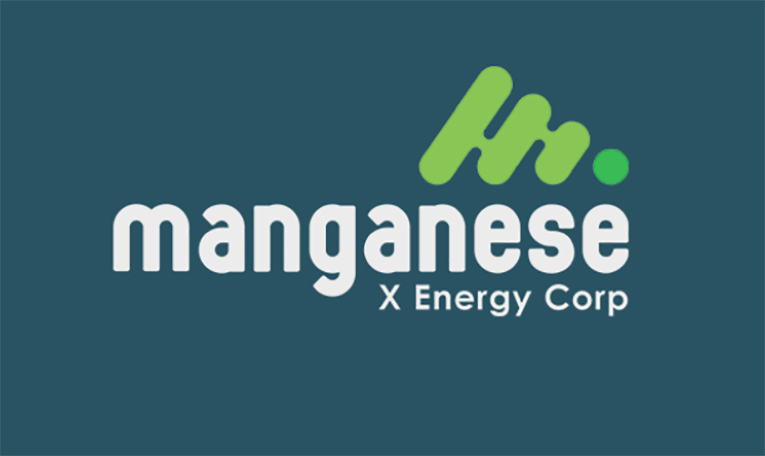This Monday, Martin Kepman, CEO of Manganese X Energy, announced the release of a Web Resource. Accordingly, this solution will bring more information on the supply and demand dynamics of cobalt. Besides, it looks to provide answers to essential questions for investors of the current manganese market.
Read more of our news content, here; Siemens Gamesa to end local sales in China, raises turbine prices
According to the release shared by Manganese X Energy; “Manganese, as an essential component in steel production, is poised to replace cobalt in lithium-ion batteries.”
Therefore, the Company noted that investments in Manganese are future-friendly and ecologically green-friendly ones.
About the potentialities of manganese
Indeed, Manganese is the fourth most widely used metal globally. Particularly, 90% of its usage comes from the steel and development industries. Accordingly, China, as an industrial giant globally, is the world’s biggest purchaser of Manganese.
Worth noting, Manganese is a crucial component of the steel production process. Therefore, this makes it highly relevant to most production industries, which still –and most probably, will– rely heavily on steel.
Besides, experts expect this metal to replace cobalt in lithium-ion battery production; mainly, because it is less toxic and more economical to produce.
Martin Kepman, CEO of Manganese X Energy on this market’s potential
In this sense, CEO of Manganese X Energy, Martin Kepman, commented; “We foresee greater demand for manganese arising from electric vehicle EV expansion, resulting in an upward price for manganese.”
Thus, Mr. Kepman noted that “manganese-enhanced batteries are more robust, higher in density and much less toxic than cobalt.” The CEO also said that this metal is “currently more affordable than cobalt per ton; at less than a third of the price of cobalt on world markets.”
According to him, this metal’s extraction process comes “without the mining logistics and production issues associated with cobalt.” Therefore, this makes it “an ethically, environmentally, and economically viable investment,” Kepman added.
Positive signs
Indeed, Tesla and Volkswagen have plans, respectively, to open multiple gigafactories across the world. Similarly, Ford and GM are currently increasing their investments in EV models. Additionally, A-Forecasts predict a 23% increase in demand for Manganese each year until 2030.
Nevertheless, as Manganese X Energy also noted in the release; “the cost of mining manganese has consistently been volatile throughout the past several years.”
Notably, this volatility results from ethical issues in sourcing or using selenium (a highly toxic mineral) in processing high-quality Manganese. Indeed, according to a 3030 Roskill market report on the metal, the volatile projections for Manganese could be better understood considering recent developments.
For instance, significant mining developments in South Africa, Ghana, and Gabon may have led to an oversupply in the market; particularly, via earlier expansion in Chinese port stockpiles and, thus, “forcing downward pressure” on the price of Manganese in 2019 and into mid-2020.
Similarly, in mid-2020, a brief spike in the price of Manganese followed COVID-19 lockdowns, which slowed the manganese production process.
An obvious decision
Lastly, Manganese X Energy noted that “the choice of industry to move to manganese instead of cobalt for their batteries is an obvious one.”
According to the company, this metal creates better performance at a fraction of the cost. It also delivers more ethically sourced batteries.
“Manganese X Corp expects a huge development in the manganese market because of its demonstrated value in clean energy applications,” Mr. Kepman concludes.
“Moreover, we expect the increased proportions of manganese projected to be used for nickel-metal hydride (NiMH) and lithium-particle (Li-particle) batteries to be significant; and will affect all future rechargeable batteries, EV and Hybrid electric vehicles, and energy backup power storage industries.”


